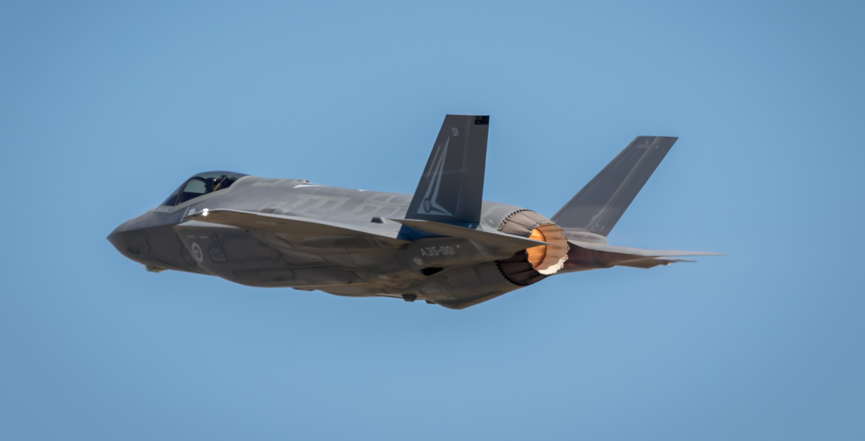On July 31 this year, the Canadian government accepted bids from three of the world’s largest weapons companies — Lockheed Martin, Boeing and Saab — for a $19-billion contract to build 88 new fighter jets for the Canadian military.
The government’s future fighter capability project timeline highlights that it will be reviewing the bids in 2021 and awarding the contract in 2022.
It also notes: “The approved schedule is considered aggressive. The project team is managing a number of risks that have the potential to impact schedule.”
Additionally, defence department deputy minister Jody Thomas commented this summer on the federal government’s pledge from June 2017 to spend $553 billion on the military over the next 20 years through its “Strong, Secure, Engaged” (SSE) plan.
Thomas said: “In a post-COVID world, there is … a need for SSE to in fact be done more quickly rather than slow it down or cut the budget.”
Unfortunately, the Trudeau government does not appear to be conveying the same urgency on the implementation of the human rights to water and sanitation recognized by the United Nations in July 2010 (the same month the Harper government first committed to buying new fighter jets).
A government-commissioned assessment in 2011 found it would cost $4.7 billion in servicing and a $419-million annual operating budget to meet and maintain all current and future water and wastewater needs on reserves.
After an election pledge in October 2015 to eliminate all long-term boil water advisories in First Nations communities, the newly elected Trudeau government allocated in its March 2016 budget $1.8 billion over a five-year period for this.
Now, CBC reports: “Last week’s throne speech indicated a shift in language around the commitment to eliminate the long-term advisories. It made no reference to the 2021 deadline — which was clearly cited in the previous throne speech in 2019.”
That article adds: “A senior government source told CBC News the Liberals are not as comfortable with the March 2021 target date they set, as they were before COVID-19 hit.”
The federal government appears determined to spend $19 billion on fighter jets — and arguably another $25.7 billion in maintenance costs — on an “aggressive” schedule that would see the first delivery of new warplanes in the mid 2020s, but may now be less “comfortable” with spending a small fraction of that amount on time to meet its March 2021 deadline to end long-term boil water advisories in First Nations communities.
If you are concerned about the Canadian government’s relative prioritization of warplanes over water, please sign this petition that calls on the government to choose people and peace, not weapons and war.
Brent Patterson is an Ottawa-based writer-activist and the executive director of Peace Brigades International-Canada.
Image: Ant Le Breton/Flickr



